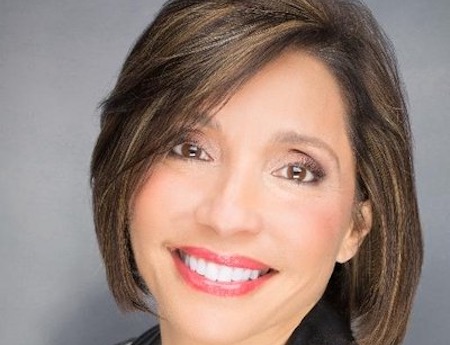NBCU, Vox Harmonize in Digital Ad ‘Concert’

The smarter way to stay on top of broadcasting and cable industry. Sign up below
You are now subscribed
Your newsletter sign-up was successful
NBCUniversal and Vox Media announced Concert, a partnership offering digital advertising in high-quality content, data targeting and a large, fraud-free audience that results in performance that’s 12 times what the average banner ad delivers.
The partnership follows NBCU’s $200 million investment last year in Vox, whose digital properties include Vox.com, SB Nation, Eater, The Verge and Re/code and reach 170 million affluent and educated young adults in the coveted millennial generation.
Linda Yaccarino, chairman of advertising sales and client partnerships at NBCU, said Concert provided clients with “a unique opportunity” that combines ads that work with trusted content.
“The No. 1 priority on every marketers mind is to be able to take the power of premium content and keep it in a sale place on line,” she said.
With Concert, advertisers don’t have to worry about fraud from robot audiences or viewability issues that come from buying ads that run via online audience networks. “This is big and bold because it’s never been done before.”
NBCU also offers advertising clients something it calls Symphony, which pulls together marketing assets across NBC’s parent company Comcast.
Digital advertising has been growing fast because it promises advertisers targeting and accountability TV that TV till now has not been able to deliver. But as bigger advertisers have put a bigger share of their ad dollars into digital, problems have emerged, including phantom viewing by automated robots and ads that are counted as being seen even if they occupy a very small portion of the viewers screen for as short as a second.
The smarter way to stay on top of broadcasting and cable industry. Sign up below
“It hasn’t always been the best environment to build a brand,” acknowledged Jim Bankoff, CEO of Vox, noting the annoyance caused by pop ups or the frustration of waiting to read a story or watch a video on a smartphone while waiting for ads to load. That frustration encourages consumers to install ad blockers.
For consumers, Concert will offer relevant ads that don’t piss them off. For advertisers, “we’re going to be able to apply technology so you can target discrete, specific audiences,” Bankoff said.
During tests over the past few months, NBCU and Vox have seen click-through and other industry benchmarks for ad effectiveness that are 12 times the rate of ordinary internet banner advertising.
“That’s a value proposition that isn’t out there, said Bankoff. “Right now if you’re a big marketer and you’re looking to put big dollars to work, you have to go to marketplaces where you’re not sure where your ads are going to show up, you’re not sure if it’s going to be viewable, you’re not sure what the fraud rate is, you’re not sure if there’s going to be ad blockers, all these things that hurt return on investment.”
Advertisers who come to either Vox or NBCU will have access to advertising and content being made available via Concert.
Yaccarino says that when a client looks to make a buy with NBCU, Vox content will be among the digital options. Vox will also be something that its Audience Targeting Platform spits out after using big data to target consumers—particularly those aiming for affluent millennials.
Bankoff says that Vox will keep the revenue generated by Vox properties and NBCU will keep the revenue from NBCU properties, but both will benefit from working together.
The two companies have already been working together on content.
“We’re creating ads for marketers and they’re agencies, but we’re also doing cross-promotional things,” Bankoff said. “You’ll see people from our brand Eater on the Today show, or you might see people from Re/Code on CNBC or the Verge on MSNBC,” he said. At the same time NBCU movies and shows get promoted on Vox sites.
Jon has been business editor of Broadcasting+Cable since 2010. He focuses on revenue-generating activities, including advertising and distribution, as well as executive intrigue and merger and acquisition activity. Just about any story is fair game, if a dollar sign can make its way into the article. Before B+C, Jon covered the industry for TVWeek, Cable World, Electronic Media, Advertising Age and The New York Post. A native New Yorker, Jon is hiding in plain sight in the suburbs of Chicago.

